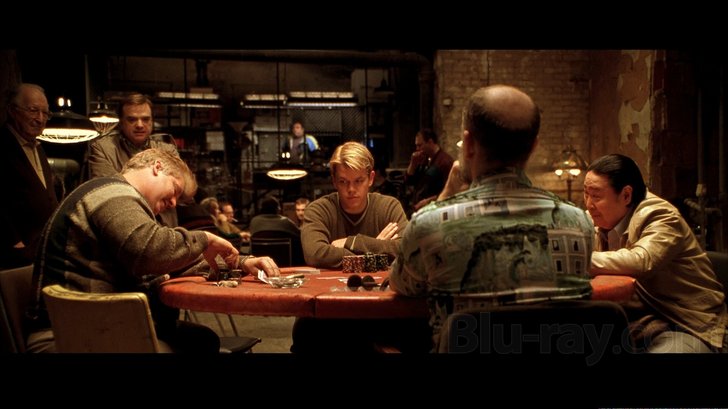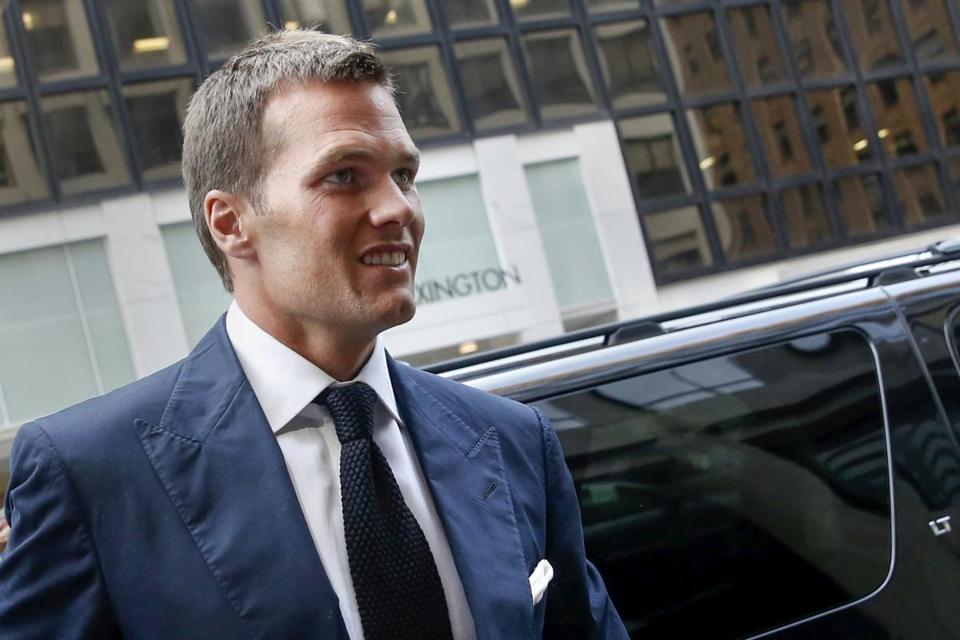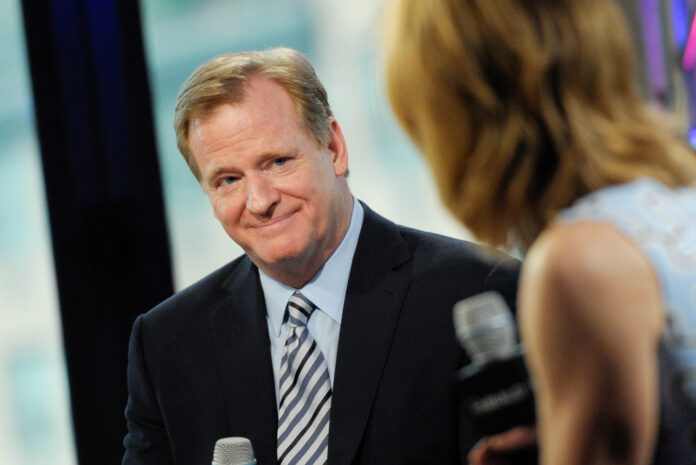You’ve likely come across the age-old adage: “If you sit at a poker table and can’t spot the sucker…it’s you. Get up.”
Having been a former NFL player, I believe I have a solid grasp of the principles of leverage.
I gained insight into when I possessed it as a player (which was not very often), and gradually, I understood the extent of the leverage wielded by authority figures in the league.
Above all, you realize that leverage isn’t something that suddenly materializes when contract negotiations commence.
It’s a constant presence – always in play, constantly influencing decisions in the day-to-day operations of the NFL.
From the jump, Deflategate was about player rights – not cheating. The league, of course, knows this.
The most crucial takeaway for a player regarding leverage dynamics is that the actual contests aren’t confined to the field.
Whether seeking higher pay, increased playing time, or additional rights, you must recognize that your counterparts share similar aspirations.
While the Deflategate controversy may have grown boring for football enthusiasts and media outside those directly involved, NFL players have been engaged in a continuous battle of leverage with the league, whether they were conscious of it or not.

From the very beginning, Deflategate revolved around player rights, not cheating.
The league, of course, is well aware of this. If you’re a player, current or former, and you overlooked this crucial detail, you must recognize your position at the poker table.
By now, the world should be acquainted with the actual narrative, but let’s revisit the facts that the NFL may have hoped you ignored…
Roger Goodell has knowingly allowed false information about the actual PSI measurements of the balls in the AFC Championship game to persist in the public record.
While national journalists remain silent on their accredited hands, players are not bound to do so.
Every NFL player should be acutely aware of the deception perpetrated by Goodell, but astonishingly, many still may not be.
Since the initial deception, Goodell brought in the Paul Weiss legal firm, which previously defended him and the league in the concussion suit against the players, to handle this case.
Roger maintains that they are “independent.” Let’s reiterate: he hired his former attorney to ensure impartiality this time and make judgments about himself. If you accepted this as legitimate, “sucker” would be putting it lightly.
Furthermore, he enlisted one of the most infamous consulting firms in the country, Exponent, to shape the science in the Wells Report—a report that independent labs have since found to be either highly questionable or entirely unreliable.
To top it off, Goodell allowed his decision-making to determine if his actions were commendable when he appointed himself as the judge in the appeal.
This is an obvious requirement for recusal in a genuinely fair arbitration scenario, as Roger was a party to this case.
Predicting his final decision in his favor would be akin to expecting the thoughts of a cricket.
Feel free to dislike Tom Brady, the Patriots, or Bill Belichick. But as a player in this league (or a media member not yet swayed by influence), you should take offense at the NFL’s presumption that you would simply go along with Roger’s deception.
When players are denied the fundamental rights of fairness that every player is entitled to by law, and there’s an ongoing battle for this very issue, you’re either contributing to the solution or you’re contributing to the problem.
How Does this Happen?
Being a resident, player, and worker in the New England market compelled me to delve thoroughly into the Deflategate controversy.
I dedicated time to studying the science, examining rulings from similar cases, dissecting the CBA, and scrutinizing all the reports and public statements.
It’s safe to say that I wouldn’t have undertaken these efforts if I didn’t call this place my home and workplace.
When players don’t have basic rights of fairness in disputes that each is legally owed – and there’s a battle going on for that exact issue – players can either be part of the solution, or part of the problem.
While closely following Deflategate, I only gave cursory attention to the New Orleans Saints prior “scandal,” Bountygate.
When asked about Bountygate back then, I provided uninformed, rehearsed responses about player safety, which were perceived as “smart.”
However, they were not. I didn’t have a comprehensive understanding of the case, much like many others who prefer not to delve into the intricate details of what transpired in Deflategate.
It’s simpler to declare “cheating is bad” than to investigate if any wrongdoing occurred and identify the true culprits.
At the time, I didn’t have a significant vested interest in Bountygate as it fell outside the scope of my immediate concerns.
Nevertheless, by making public statements that sounded correct but were not based on the facts, I exhibited a lack of discernment.
This is precisely where we find ourselves today with Deflategate.
“Smart” players who lack a proper comprehension of what transpired in the Deflategate case are being used to parrot ill-informed “opinions” on national broadcasts (and more casually on social media), inadvertently undermining their bargaining power in the league.
The league holds a substantial advantage in their working arrangements with players, and they are currently leveraging this through their media partners, with players unwittingly playing the role of well-intentioned pawns.
A critical matter of fundamental labor fairness is at stake, one that every NFL player should wholeheartedly support, regardless of personal feelings towards the player or team at the center of Commissioner Roger Goodell’s scheme.
In other words, don’t be the individual who overlooks the true nature of what’s unfolding.

Every player has likely encountered the frustration of receiving criticism from outsiders who do not understand their specific responsibilities on the field.
Regrettably, players are now being enlisted to support the NFL’s deception by disregarding basic scientific principles, discussing matters like phones (which the league knows they have no jurisdiction over), and engaging in other distractions orchestrated by the company.
Essentially, players are being asked to assume the role they typically disdain – the person who analyzes things without genuine insight, diverting attention away from what truly matters.
The core of the matter is that Deflategate centers on player rights.
Regardless of personal opinions towards him, Tom Brady is a staunch advocate for all players in shedding light on the NFL’s deceit.
One of the league’s most respected owners, Robert Kraft, has taken a courageous public stance in asserting that the company should not be trusted.
As a union member tasked with defending a player against the league, why on earth would you place trust in them?
Setting aside minor disputes, players should be at the forefront of any effort to rectify the inherent unfairness in how the league treats its players.
As unconventional as it may seem, Brady now stands with all NFL players.
A legal victory for him that dismantles the “sucker” disciplinary and appeals system undeniably benefits every professional donning shoulder pads. Goodell can’t manipulate that reality.

